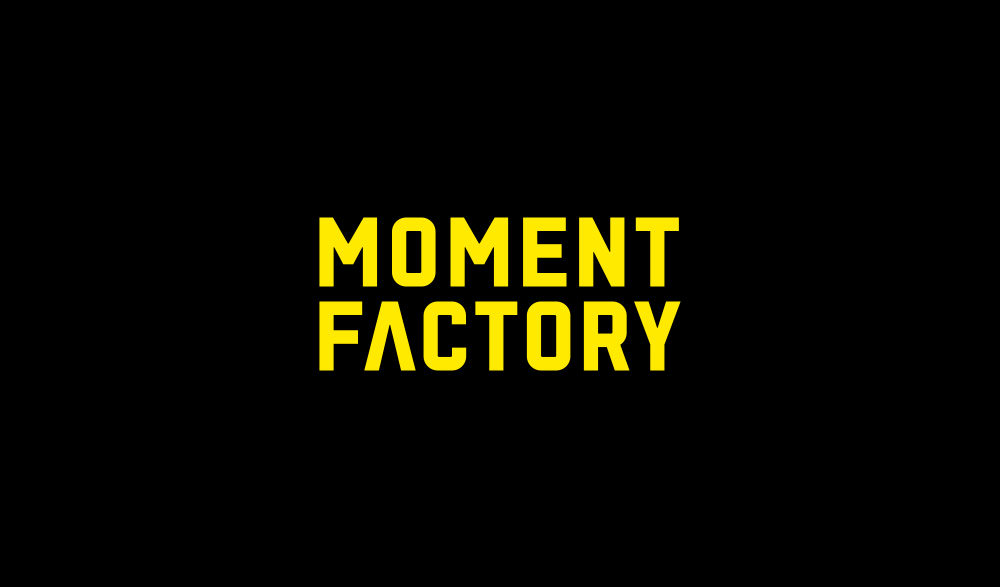In its opinion on the case from 2021 , Creative Commons acknowledged that “The legal uncertainty caused by ethical concerns around AI, the lack of transparency of AI algorithms, and the patterns of privatization and enclosure of AI outputs, all together constitute yet another obstacle to better sharing. 4


